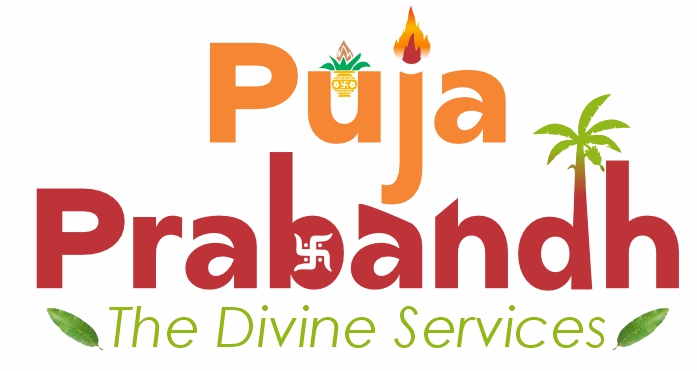📜 Significance:
Vivah Sanskar is one of the most sacred and important of the sixteen Hindu Sanskars. It marks the spiritual and social union of two individuals and their families. In Maharashtrian tradition, marriage is not just a contract but a lifelong commitment, a sacred vow taken in the presence of Agni (fire) and divine witnesses. It signifies dharma, companionship, procreation, and moksha (liberation).
The ceremony is rich in rituals such as Kanyadaan, Saptapadi, Mangalashtak, and Mangalfera, each having deep spiritual and cultural meaning.
🗓️ When It’s Performed:
- Conducted on auspicious dates and muhurats determined by matching the horoscopes (Kundalis) of the bride and groom
- Most popular months: Margashirsha, Paush, Magh, Falgun (based on Marathi calendar)
- Avoided during inauspicious periods like Pitrupaksha, Chaturmas, and eclipses
- Muhurat fixed by a Panditji or astrologer
🛐 Who Can Perform:
- The bride and groom must be of marriageable age and with mutual consent
- Rituals are conducted by a qualified Panditji in the presence of family, relatives, and society
- Performed at a mandap at home, wedding hall, or temple
📦 Puja Samagri (Items Required):
- Mandap and wedding platform decorations
- Kalash, mango leaves, coconut
- Haldi, kumkum, akshata (rice), flowers, garlands
- Mangalasutra, toe rings, sindoor
- Sacred fire (Agni kund), cow ghee, samidha
- Fruits, sweets, dry fruits, betel leaves, supari
- New clothes for bride and groom (saree, dhoti, shawl)
- Gifts and dakshina for Panditji
- Musical instruments or recorded Mangalashtak
- Brass utensils, havan kund, wood, camphor, incense
🕯️ Main Rituals:
- Ganesh Puja and Punyahavachanam to purify the space
- Kanyadaan – Bride’s father gives her hand in marriage to the groom
- Mangalashtak & Antarpat – Chants and curtain held between bride and groom
- Sankalp and Garland Exchange (Jaimala)
- Vivah Homa – Sacred fire rituals with offerings
- Saptapadi – Seven steps around Agni with vows of togetherness
- Mangal Sutra Dharan & Sindoor – Groom ties sacred thread and applies vermillion
- Lajahom, Ashirvad & Grihapravesh – Blessings and bride’s entry into groom’s home
- Reception and Family Feast
⏳ Duration:
Typically 3 to 5 hours, depending on the rituals and traditions followed
(Pre-wedding rituals like Haldi, Mehendi, and post-wedding Grahapravesh may extend across days)
🎁 Benefits of Vivah Sanskar:
- Establishes a sacred bond between two souls for fulfilling duties (Dharma)
- Strengthens family and social ties
- Promotes companionship, love, and shared responsibilities
- Considered an essential step toward householder life (Grihastha Ashram)
Invokes divine blessings for a happy, prosperous, and spiritually aligned life

